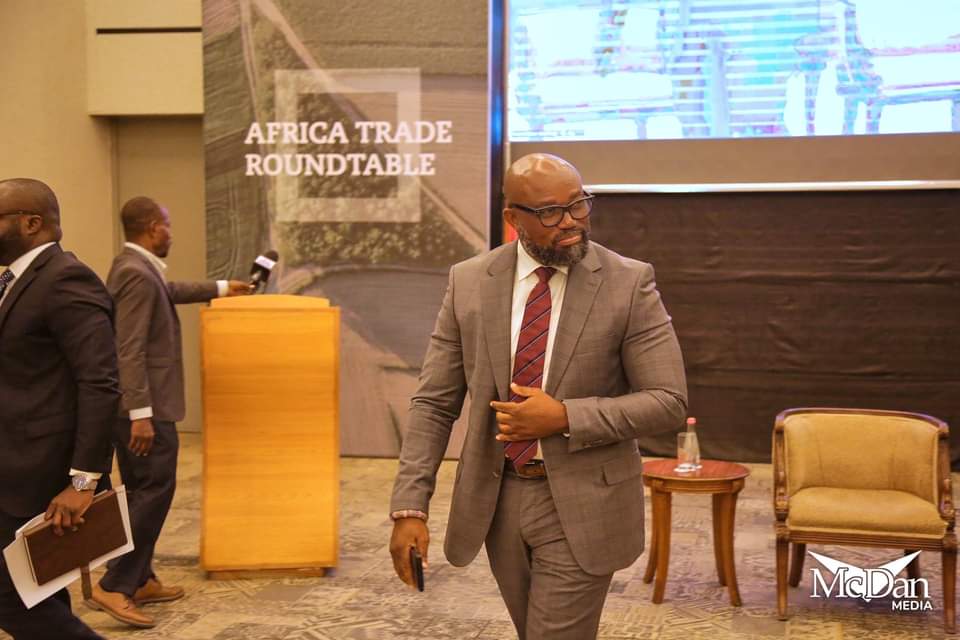McDan: Ghana Needs The Most Influential Voices In Academia To Help Influence Trade Policies, Practices

Chairman of McDan Group of Companies, Dr Daniel McKorley said the suffering of the people and businesses in this time of economic hardship is very real, and an indication that “we must accept that we cannot continue as we are.”
According to him, as other countries are innovating and developing solutions that work, it is time for Ghana to also find solutions that work for us too.
He indicated however that the African Continental Free Trade Area (AfCFTA) is helping nations including Ghana to identify partners all over the world who are facing the same crisis to come together to utilise their resourcefulness so they can unite to face the challenge together.
McDan stressed that indeed, “We’re living in hard times. There is no reason to run away from this. Prices of food items have tripled. Rent fees have more than doubled. Transport fares have increased insanely.”
He averred that the magnitude and speed of these increments are unlike anything a lot of young people have experienced in their lifetimes since they are seeing a spike in prices for everyday items like food and utilities over the past few months – a sharp change that is forcing them to re-evaluate their budgets and become extra, extra cautious of their spending.
He also said business and trade have also been affected and that in business and trade, rising commodity prices, global inflation, and general economic headwinds are impacting the cost of doing business, which are disrupting supply chain dynamics.
Dr. Daniel McKorley maintained that “we can’t do it alone. As I said at the Africa Trade Roundtable VI, put together by UPSA Law School and the Association of Chartered Certified Accountants (ACCA), the combination of policies, processes, dialogue and most importantly leadership action is one we can’t do without academia luminaries.”
He said Ghana needs the most influential voices in academia to help businesses so we can put Ghana in the driver’s seat of tomorrow’s manufacturing industries.
He said: “We need their help to influence trade policies, practices and change on the continent.”

 Good Grow: The Marijuana Farm Founded by Akufo-Addo’s Daughters
Good Grow: The Marijuana Farm Founded by Akufo-Addo’s Daughters  National Food Suppliers for Free SHS set to picket at Education Ministry
National Food Suppliers for Free SHS set to picket at Education Ministry  Information Ministry justifies ¢151k paid to staff as Covid-19 risk allowance
Information Ministry justifies ¢151k paid to staff as Covid-19 risk allowance  I’ll help farmers with tractors to increase productivity – Bawumia promises
I’ll help farmers with tractors to increase productivity – Bawumia promises  CETAG meets national teaching council to conclude on strike
CETAG meets national teaching council to conclude on strike  Adom Kyei Duah cannot be the Jesus that Christians seek – Christian Council of Ghana
Adom Kyei Duah cannot be the Jesus that Christians seek – Christian Council of Ghana  Bawumia’s smartphone pledge misguided and visionless – Adongo
Bawumia’s smartphone pledge misguided and visionless – Adongo